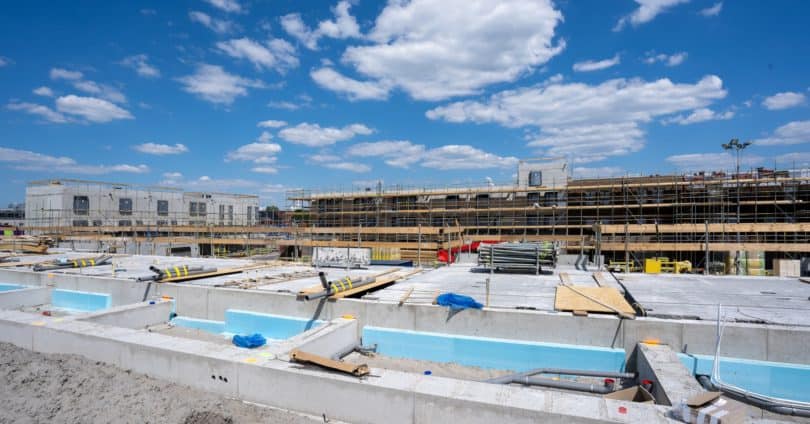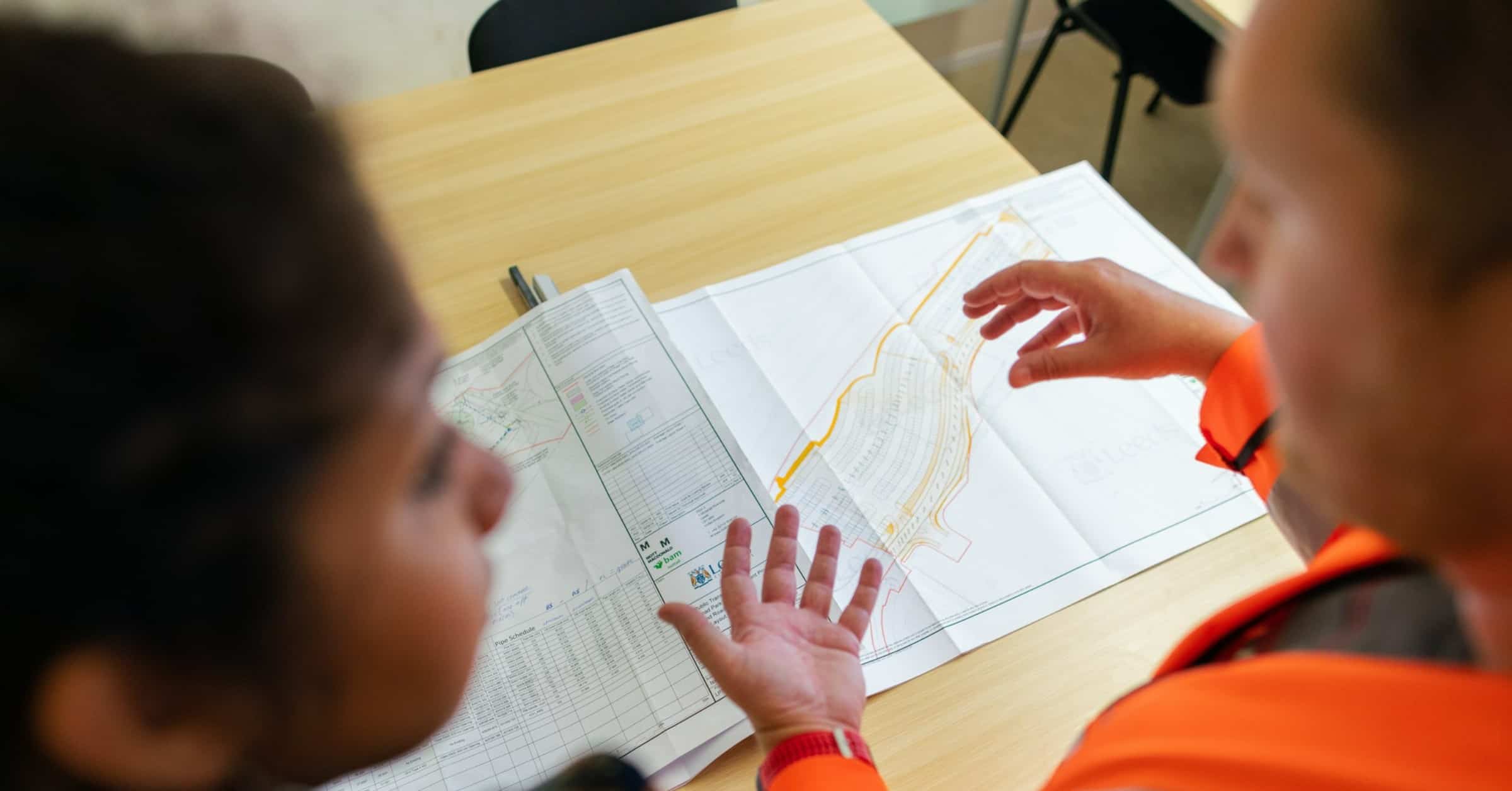Progressive elaboration is a Project Planning Process Group process outlined in the Project Management Institute’s Project Management Body of Knowledge. It is the continuous improvement of a project plan based on new learnings and insights gained throughout the project lifecycle.
If you have encountered changes and ambiguities in a project you have managed, you are likely to have used one or more of the examples of progressive elaboration presented in this article.
What Does Progressive Elaboration Mean?
The concept of progressive elaboration recognizes that an initial project plan is typically developed at an early stage in a project’s lifecycle. At that point, detailed requirements and potential impediments are unknown.
As a result, developing an initial project plan necessitates assumptions and rough estimates. Initially unknown activities and requirements become clearer over time and must be reflected in a refined project plan. This is known as ‘progressive elaboration.’
Progressive Elaboration in PMI Methodology
The PMBOK defines progressive elaboration as:
‘the iterative process of increasing the level of detail in a project management plan as greater amounts of information and more accurate estimates become available.’
While the iterative aspect of progressive elaboration is highlighted in this definition, this process is not limited to iterative project management approaches. Progressive elaboration occurs in both predictive and waterfall projects, as well as agile and, subsequently, hybrid approaches. Continue reading for some examples of this definition.
Benefits of Progressive Elaboration Planning
1.Effective Project Goal Setting
Projects with clear and firm goals are more likely to succeed. Setting SMART goals becomes easier with progressive elaboration. The acronym is an abbreviation for specific, measurable, attainable, realistic, and time-bound goals. SMART goals will assist you in completing the project on time and within budget.
2.Better communications with Progressive Elaboration
Stakeholders who are critical to project success can be managed more easily with progressive elaboration. It enables project managers to create and maintain successful teams. The method can also be used to enlist the assistance of organizational experts and obtain feedback from frontline workers.
3.Accurate Project Risk Assessment
Progressive elaboration enables organizations to identify the most significant risks of undertaking a project before it even begins. As a result, you will be able to plan for such contingencies and make better decisions when problems arise.
4.Avoiding Rigid Planning
There is also the risk of becoming overly rigid in plan execution, which can create a stressful environment within the organization. Iterative design is a cycle of designing, prototyping, testing, and refining multiple versions of a product. Instead of working in stages, the project management team makes small changes to the proposed end-product in real-time.
5.Identify problems and incorporate feedback earlier
It enables the team to identify problems, solicit feedback from stakeholders, and generate innovative ideas as they go. It is a more intuitive method of project management.
Examples of Progressive Elaboration in Different Project Situations
1.Rolling Wave Planning as a Type of Progressive Elaboration
The rolling wave planning technique emphasizes two levels of how details are reflected in a project plan. Short-term work and deliverables are detailed planned, whereas mid- to long-term work is planned at a high level. The missing details are incorporated as the project progresses to the appropriate stage.
The PMBOK recommends using rolling wave planning for work packages, planning packages, and release planning in both predictive and agile projects.
2.Change Requests as a Result of Progressive Elaboration
A change request as part of the change control process necessitates dealing with a potential and – if approved – actual change to the initial plan. The identification of a need to change the plan, as well as the subsequent modification to the project plan, are examples of progressive elaboration throughout the project.
While this is a procedure described in the PMBOK, in practice, change requests may not be the best way to incorporate progressive elaboration in a project. This is due to the time and resources required to prepare for and obtain approvals for changes.
A project should ideally be planned in such a way that an increasing level of detail can be incorporated into the project plan by adding details to existing planning items rather than processing them as formal changes (as long as it is in line with the project objectives and communication). If, however, progressive elaboration necessitates changes to the project plan, the integrated change control process is the best way to handle them.
3.Regular Re-planning of Project Activities
Reflecting on the project plan (and baseline) and re-planning activities and elements of the work breakdown structure (if necessary) are often unavoidable in large, complex, or long-term waterfall-like projects. This is due to the ambiguity and unknown aspects of the endeavor during the initial planning stage.
Large construction, infrastructure, research and development, and information technology projects are examples of such projects. Building an airport, introducing a new ERP or Core-Banking-System, or developing new medicine all have such a high level of complexity and unpredictability that detailed planning at the outset may not be feasible. Nonetheless, stakeholders typically require a long-term plan for those projects, which necessitates the project manager planning on assumptions and, to some extent, with placeholders and buffers.
To resolve this trade-off, the rolling wave planning technique could be used. Furthermore, more predictive or less critical activities can be detailed planned for the entire project lifecycle, whereas less predictive and more ambiguous items are planned using the rolling wave technique.
Read also: Risk Response Planning in Project Management









